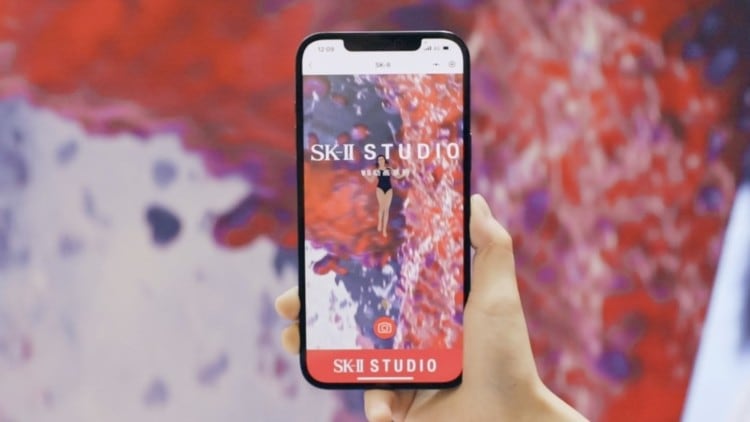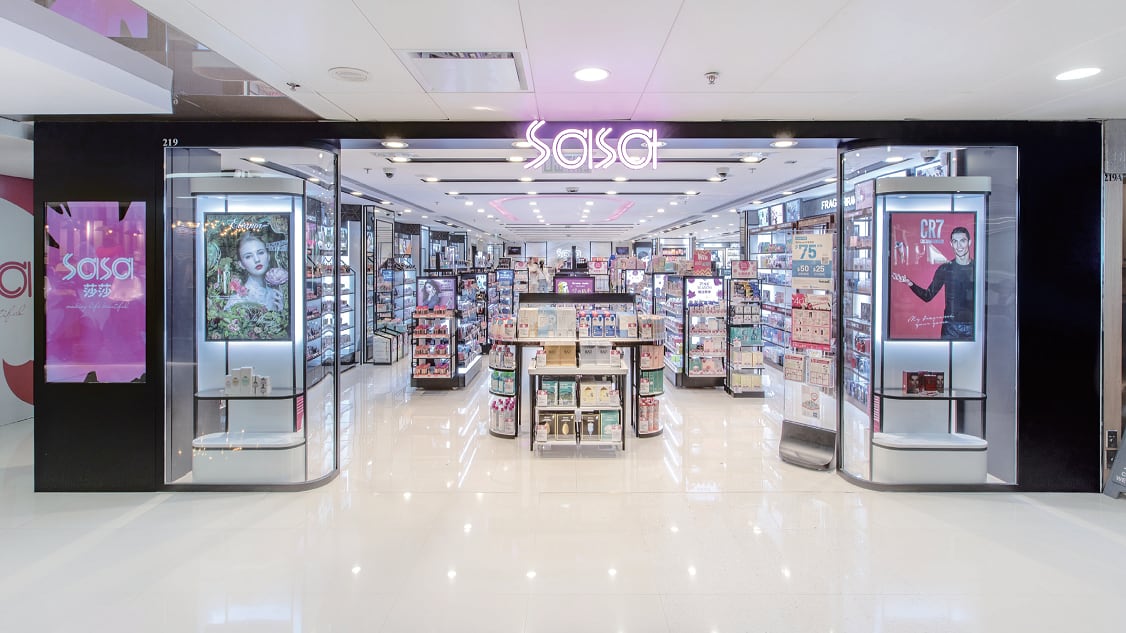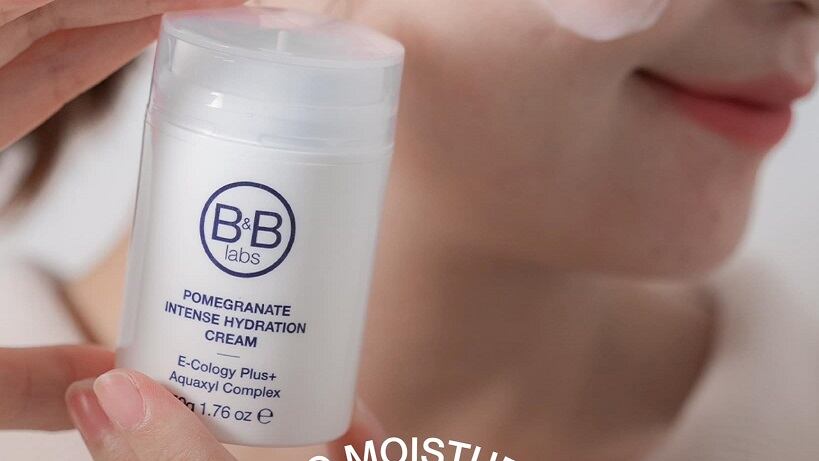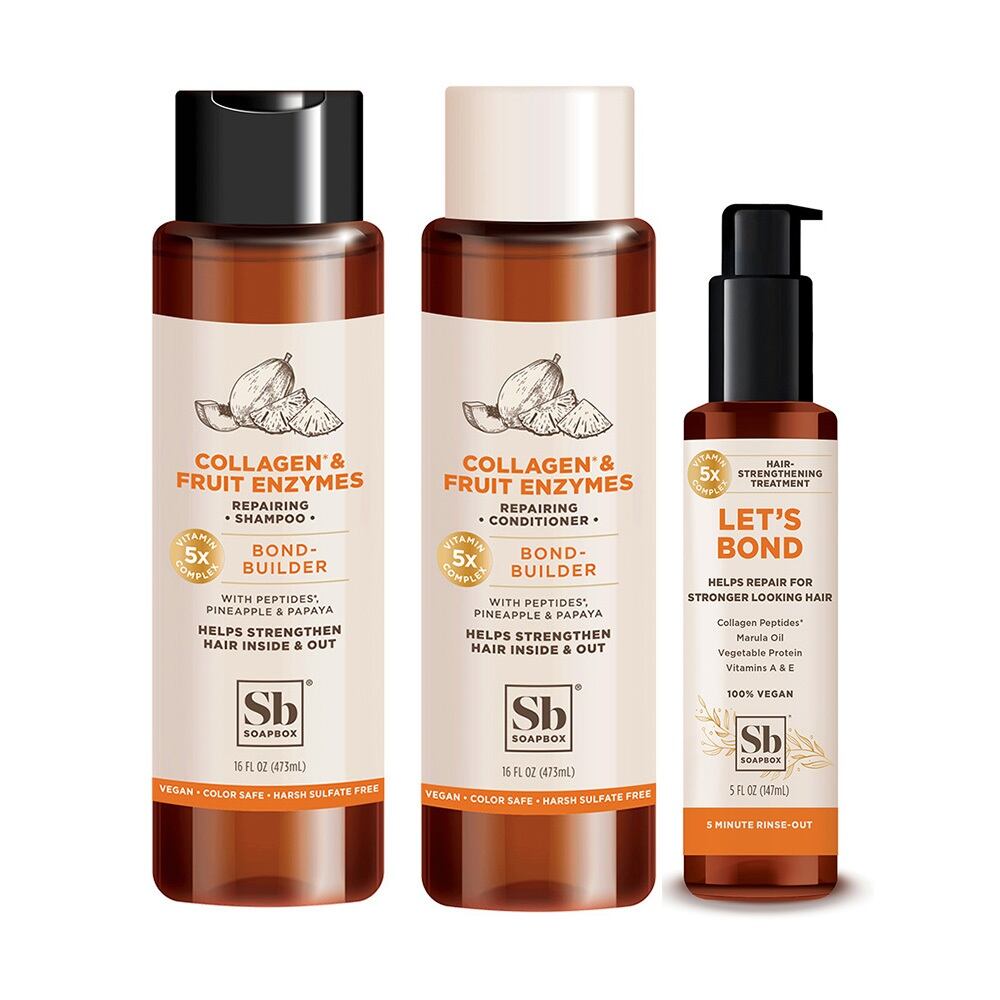Speaking during P&G’s latest third quarter (Q3) earnings conference, CFO Andre Schulten said that the brand had not observed a rebound from the increased traffic of Chinese travellers specifically.
“We're not yet seeing is any return of Chinese consumers to travel retail. That is a significant negative for us in the SK-II business specifically. Hopefully, we see a more positive trend there in the near future.”
In the quarter ending March, the American multinational’s overall beauty business recorded organic sales increase by 7% and net income fell 6% to USD608m.
Within this segment, skin care recorded “a high single digit decline” driven in part by the negative impact of travel retail on SK-II. However, excluding travel retail, the brand grew by double digits.
“Overall, SK-II is recovering well outside of that channel. In [mainland China] we saw 8% growth in the quarter. In Japan, we saw 46% growth in the quarter. But the overall results are still held back by travel retail,” said Schulten.
For Q3, P&G reported that net sales rose 4% to USD20.07bn while net income increased by 5% to USD3.4bn. Organic sales increased 7% in the quarter.
Banking on Chinese travellers
The travel industry was one of the hardest hit sectors during the COVID-19 pandemic. In 2022, while the world was starting to travel internationally again, China was held back by a surge of infections.
Mandated restrictions also affected domestic travel, affecting destinations like Hainan Island, which had experienced a boom in the recent years that helped to buoy beauty brands during the pandemic.
Beauty giant L’Oréal said on April 19 that traffic on Hainan had been slow in January. However, things started to pick up the following month.
“It has started bouncing back a bit in February, and again, strong increase in traffic in March, which was around plus 20% in Hainan,” said L'Oréal CEO, Nicolas Hieronimus.
P&G hopes that the continued recovery of travel retail will positively affect SK-II.
“We see SK-II as potential beneficiary of travel retail reopening… So, I think, we will see a sequential improvement, but there are many gives and takes in the overall beauty care sector. So that needs to be seen in context with a lot of other dynamics that are going on around the world,” said Schulten.
Founded in Japan in the 1980s, SK-II is one of the most prominent beauty brands in Asia, and best known for skin care products that contain a yeast extract called Pitera. P&G acquired SK-II in 1991.





